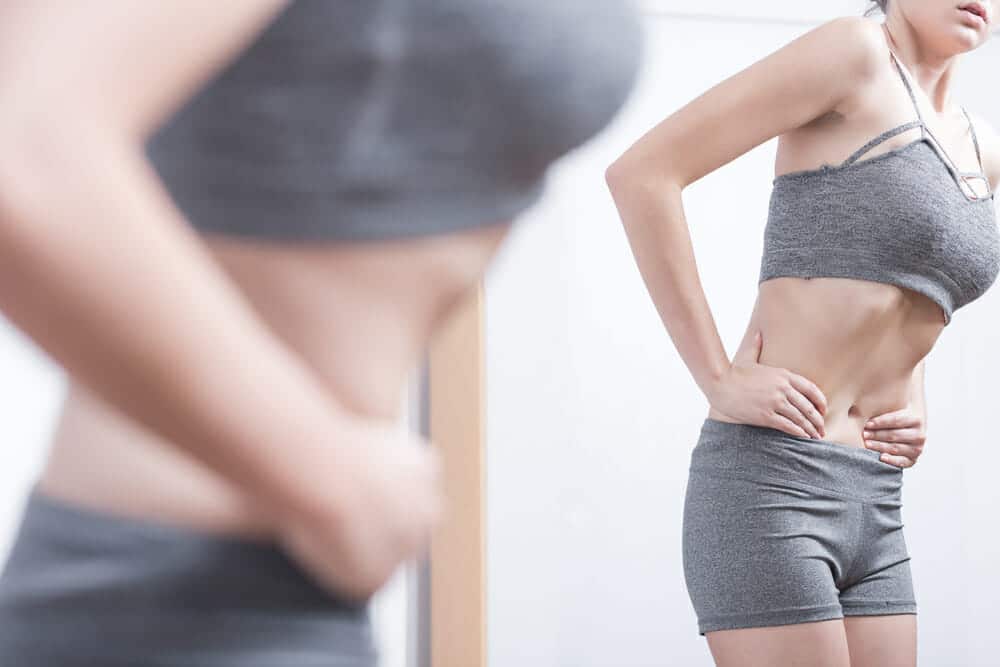As the temperatures rise across the US, so might body image issues for adolescents. Even though it’s normal to experience dissatisfaction with body image during adolescence, parents and loved ones should keep a close watch on their adolescent and young adult children as springtime comes to pass.
Springtime is normally a time of refreshing temperature rising and birds chirping, but for someone with an eating disorder, new pressures also arise. The pressure to wear more revealing clothes, especially bathing suits, and the cultural prevalence of activities like spring break can increase the chances that teens will resort to negative coping habits. These factors can worsen an existing eating disorder or trigger one for the first time. That’s why it’s so important to maintain a positive self-image as the temperature rises.
Helpful Tips for Positive Teen Body Image This Summer
- Show gratitude for the body you have
If you’re feeling bad about your body, it’s a good idea to stop and focus on all the positives — and there are always positives. By taking the time to reflect on all the body can accomplish instead of a number like weight (or on perceived flaws), it’s much easier to view the body in a positive and appreciative light. Turning your thoughts from self-criticism to instead focus on the aspects we appreciate is a simple and quick way to be mindful of what a gift our bodies are.
- Focus on self-care, not on self-criticism
The ideal of a “perfect” body, usually promoted as tall and impossibly thin, is frankly not possible for the vast majority of people — and that’s before Photoshop. Rather than focusing all of one’s time and energy into fitting some narrow definition of “health” or “beauty,” teens should focus on the activities and changing weather that springtime brings. Whether they are interested in sports, want to take a calming nature hike, or simply trying to get the most out of school –the more time that is made to focus on caring for one’s body instead of criticizing it, the better.
- Don’t buy into the media hype
From the constant broadcasting of TV and the movies to the idealized influencers of Instagram, teens are constantly inundated with images of a “perfect” lifestyle and body. During the spring, it’s common for teenage girls and young adult women to be subjected to daily advertisements aimed at attaining a “beach body.” To avoid letting these messages influence their self-esteem, it’s important for teens and their families to become more critical viewers of the media. So, teens should take a moment to reflect on why these messages are being broadcast; is it to promote “beauty,” or is it to sell a diet or a bikini line? Simply unfollow, block, and report images or accounts that may be misleading or promoting a negative body image.
- Surround yourself with body positivity
Once teens have removed negative influences from their feed, it’s a good idea to fill the void with body positive accounts that will inspire them to appreciate their own bodies. Another (an admittedly difficult proposition), teens can shift their focus away from social media altogether and increase the amount of time they spend with friends and family. Activities like tai chi or yoga that accentuate mindfulness are perfect replacements for scrolling through a Twitter feed.
- Practice self-love and self-care
Navigating how you feel about your body during adolescence has never been a simple process. And yet, with a positive mental attitude and a compassionate support system, it’s much easier to let go of some of the pressures to develop a “perfect” body. If pressures caused by thinking about warmer temperatures cause adolescents to start criticizing their bodies, take the time to notice what’s happening and follow-up those feelings with a statement based on self-compassion and self-love.
The important lesson of these tips is to allow teens and young adults to avoid criticism of their bodies and to funnel their worries about body image into more positive outlets. IF you’re worried that you or a loved one is veering into disordered behaviors because of negative body image, don’t panic — there are resources for help you can reach out to.








Reply